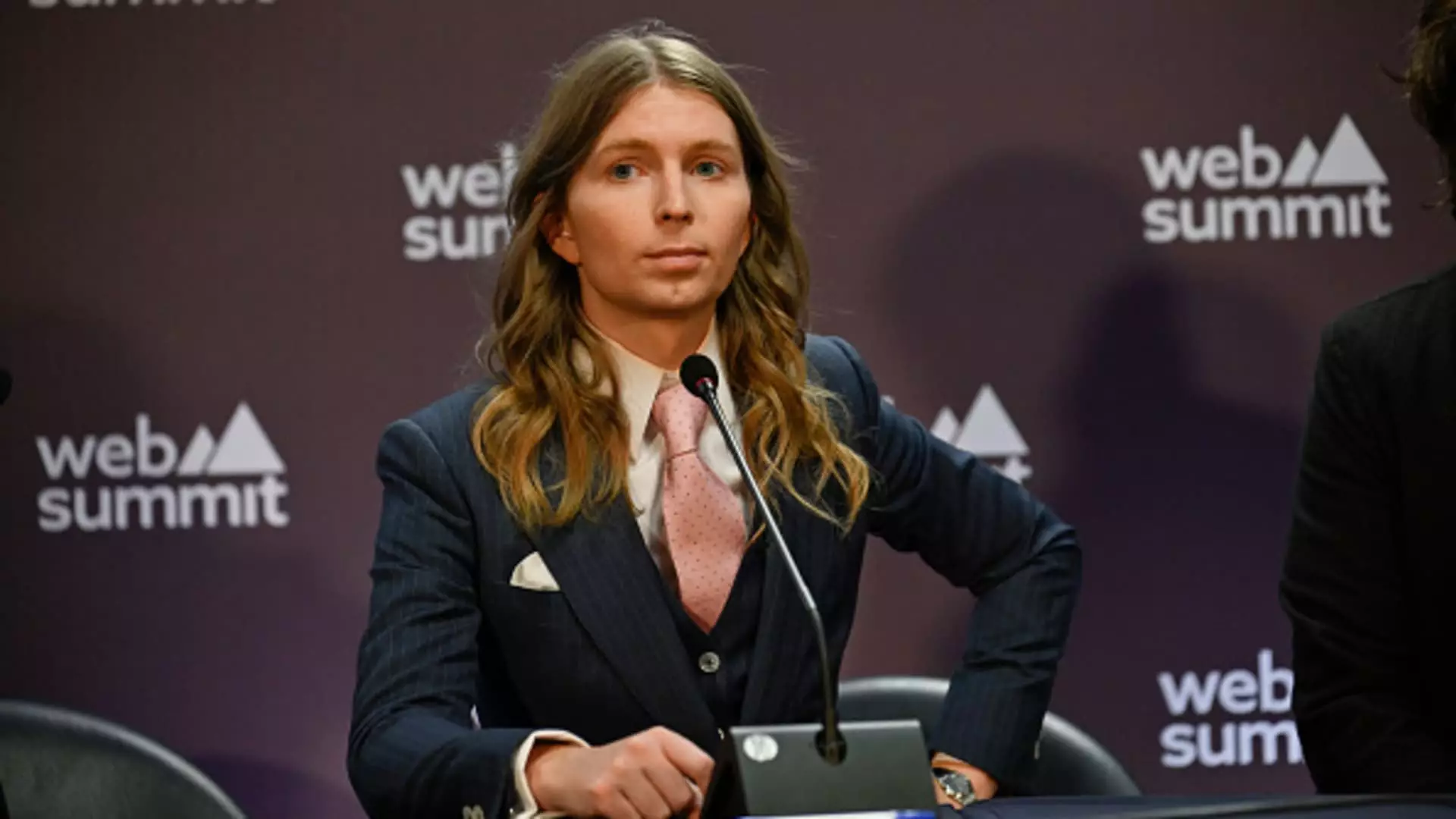Censorship remains a pressing concern in the digital age, with notable figures advocating for a reassessment of how we protect freedom of expression and personal identity online. Chelsea Manning, a former U.S. Army intelligence analyst who gained notoriety for leaking classified military documents, has emerged as a leading voice in this ongoing dialogue. During a recent discussion at the Web Summit in Lisbon, Manning emphasized the urgent need to combat censorship, which she characterizes as a pervasive threat that requires new approaches to safeguard individuals’ rights in the digital realm.
Manning’s insights highlight the dual-edge nature of modern censorship — not only is it about controlling what can be said or accessed, but it is also about how social media algorithms curate our experiences. In her view, the complexities of 21st-century censorship also involve the manipulation of visibility rather than outright suppression. “Censorship is a dominant threat,” she stated, prompting us to consider who holds the power to define what content is favored or silenced, and with what intentions.
According to Manning, a potential remedy lies in reverting to a decentralized internet structure reminiscent of the early 1990s. By decentralizing online identity and data management, individuals could regain control over their digital footprints. Manning advocates for “decentralized identification,” a model where consumers determine and protect their information through encryption, rather than depending on tech giants to manage their data.
This call for decentralization raises critical questions about the architecture of the internet and how we engage with online platforms. Manning argues that a more equitable digital landscape can be achieved if more individuals participate in creating a decentralized web culture. With fewer monopolistic entities controlling the flow of information, users could be empowered to make informed decisions about their online presence, thereby mitigating risks associated with censorship and data breaches.
Understanding that a decentralized internet may pose challenges to tech companies’ profitability, Manning highlights the need for a “better social contract.” As technology evolves, so must the agreements we forge about how information is exchanged and what ethical responsibilities companies have in safeguarding user data. She emphasizes that this contract should prioritize user autonomy and establish clearer guidelines around data ownership and sharing.
Such a framework could foster innovation and trust, encouraging more users to embrace decentralized platforms. However, establishing this social contract will require substantial dialogue among stakeholders, from tech companies to regulators and consumers alike.
Reflecting on her own experiences as a whistleblower, Manning notes that the landscape for those revealing hidden information has drastically transformed. With an avalanche of data accessible to the public, the challenge now lies not in maintaining secrecy, but in discerning truth from falsehood. This shift is compounded by government efforts that appear to emphasize disinformation over traditional secrecy measures.
Manning’s thoughts resonate with echoes of modern challenges faced by whistleblowers: the struggle to verify credible information amidst a sea of scrutiny and skepticism. As the avenues for releasing information become more diverse and complex, whistleblowers must navigate a labyrinth of verification, authenticity, and ethical considerations. This reality reflects a broader societal concern regarding transparency in the age of misinformation.
While the complexities of censorship and data privacy may seem daunting, Manning’s perspectives provide a crucial foundation for rethinking how we navigate these issues. As we move toward a future where the internet becomes increasingly decentralized, the implications for personal freedom, privacy, and expression will be profound.
As campaigners for a more equitable digital ecosystem, we must take heed of calls for innovation in architecture and ethics. This vision does not merely revolve around recapturing a lost model of the internet; instead, it challenges us to create a more inclusive and transparent digital world for all. Chelsea Manning’s advocacy serves as a clarion call for individuals and organizations alike to engage actively in this essential discourse, shaping a future where freedom and accountability coexist harmoniously online.

